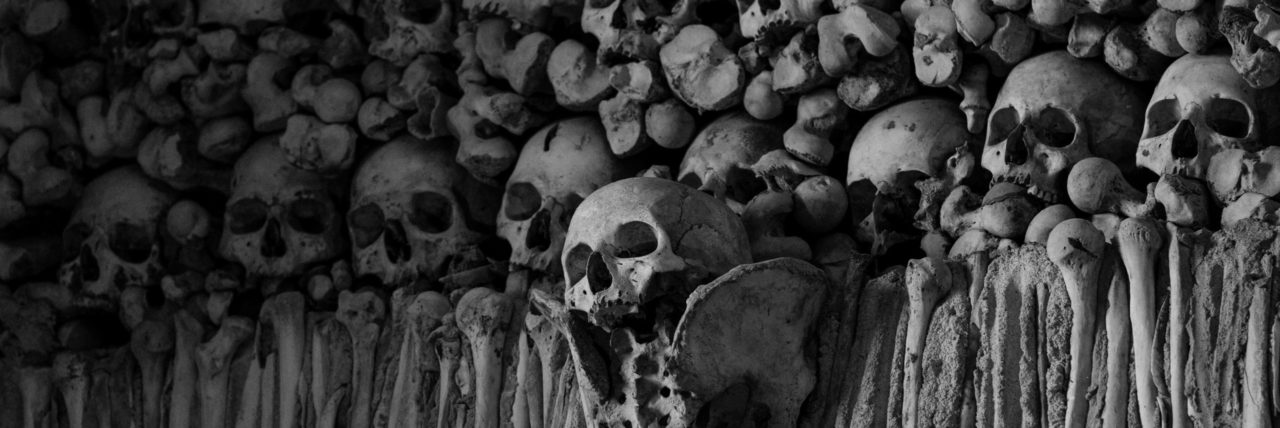What if enemies did not respawn after we killed them to level up? How do games like Undertale let us feel the determination of the killer?
Killing enemies is the primary way of leveling-up in many RPGs. Especially Japanese titles are known for the need for grinding mobs. Killing hundreds of soldiers makes us not only think about all their poor families, but it also feels as if we did not make any difference in the world at all. However, in some games the dead stay dead.
In Star Wars: Knights of the Old Republic there are only a few enemies that respawn regularly. Since the game has a level cap of 20 and we reach that limit well before the end of the game, we do not need to grind anyway. Killing all enemies in an area has no other effect than making that area more relaxed to walk through. However, it lends our actions more impact. If we have killed all Tusken Raiders in their camp on Tatooine and revisit it later, the camp is still empty. We have changed that place. Depending on whether we play a power-hungry Sith or a kind-hearted Jedi, we may feel pride or remorse about how we have killed them all. We could have solved this conflict peacefully after all.
Undertale drives this point home. In Determination of the Pacifist I explain how the game allows us to finish it without killing anybody. However, it also allows us the complete opposite: killing everybody. If we repeatedly kill the monsters that show up in random encounters, the encounters change. The encounter animation still plays, but instead of a monster, we are presented with an eerie message: But nobody came. The chipper background music changes to a menacing discord. This is how the game tells us to move on. We have killed everybody. We are the menace.
Clearing an area does not happen by accident. It takes the determination of the killer to run in circles and kill enough monsters. In the so-called genocide run, we repeat this in every area of the game until even every minor monster is dead. Of course, killing boss monsters also has an impact and boss fights strike a different note, when word about our rampage spreads. Boss monsters do not like it, if we have killed their friends, siblings, or spouses. They like it even less, if we have hunted down every monster to extinction, like humans do in every other game.
If you want to develop a game that enables your players to kill lots of enemies, think about the impact of the determination of the killer on your game world. Is there a dimensional portal through which monsters keep pouring into the world until the portal is destroyed? Is there a dark ritual that reanimates all corpses every blood moon? Or have your players wiped out the last remnants of an old desert tribe? Let your players feel the impact of their actions. You may even give them a title like Vampire Hunter, once they have killed all vampires in a village. Make the villagers call them by their titles. Or let other villages wonder about what happened to everybody, if your players have left nobody alive to tell the tale.
What are your favorite experiences with the determination of the killer? Share them in the comments below! I look forward to reading them. In the mean time, I will hunt some monsters.
(Photo by Portuguese Gravity on Unsplash)


Leave a Reply